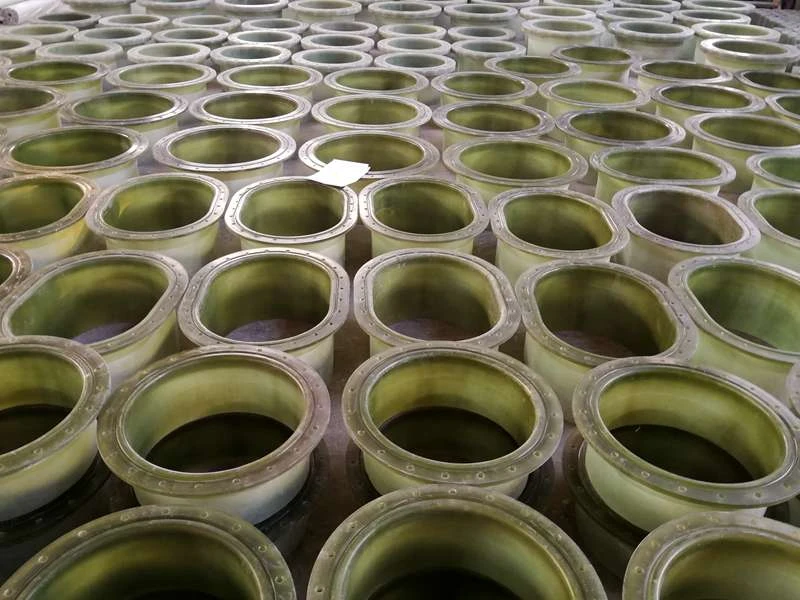
-
 Afrikaans
Afrikaans -
 Albanian
Albanian -
 Amharic
Amharic -
 Arabic
Arabic -
 Armenian
Armenian -
 Azerbaijani
Azerbaijani -
 Basque
Basque -
 Belarusian
Belarusian -
 Bengali
Bengali -
 Bosnian
Bosnian -
 Bulgarian
Bulgarian -
 Catalan
Catalan -
 Cebuano
Cebuano -
 China
China -
 China (Taiwan)
China (Taiwan) -
 Corsican
Corsican -
 Croatian
Croatian -
 Czech
Czech -
 Danish
Danish -
 Dutch
Dutch -
 English
English -
 Esperanto
Esperanto -
 Estonian
Estonian -
 Finnish
Finnish -
 French
French -
 Frisian
Frisian -
 Galician
Galician -
 Georgian
Georgian -
 German
German -
 Greek
Greek -
 Gujarati
Gujarati -
 Haitian Creole
Haitian Creole -
 hausa
hausa -
 hawaiian
hawaiian -
 Hebrew
Hebrew -
 Hindi
Hindi -
 Miao
Miao -
 Hungarian
Hungarian -
 Icelandic
Icelandic -
 igbo
igbo -
 Indonesian
Indonesian -
 irish
irish -
 Italian
Italian -
 Japanese
Japanese -
 Javanese
Javanese -
 Kannada
Kannada -
 kazakh
kazakh -
 Khmer
Khmer -
 Rwandese
Rwandese -
 Korean
Korean -
 Kurdish
Kurdish -
 Kyrgyz
Kyrgyz -
 Lao
Lao -
 Latin
Latin -
 Latvian
Latvian -
 Lithuanian
Lithuanian -
 Luxembourgish
Luxembourgish -
 Macedonian
Macedonian -
 Malgashi
Malgashi -
 Malay
Malay -
 Malayalam
Malayalam -
 Maltese
Maltese -
 Maori
Maori -
 Marathi
Marathi -
 Mongolian
Mongolian -
 Myanmar
Myanmar -
 Nepali
Nepali -
 Norwegian
Norwegian -
 Norwegian
Norwegian -
 Occitan
Occitan -
 Pashto
Pashto -
 Persian
Persian -
 Polish
Polish -
 Portuguese
Portuguese -
 Punjabi
Punjabi -
 Romanian
Romanian -
 Russian
Russian -
 Samoan
Samoan -
 Scottish Gaelic
Scottish Gaelic -
 Serbian
Serbian -
 Sesotho
Sesotho -
 Shona
Shona -
 Sindhi
Sindhi -
 Sinhala
Sinhala -
 Slovak
Slovak -
 Slovenian
Slovenian -
 Somali
Somali -
 Spanish
Spanish -
 Sundanese
Sundanese -
 Swahili
Swahili -
 Swedish
Swedish -
 Tagalog
Tagalog -
 Tajik
Tajik -
 Tamil
Tamil -
 Tatar
Tatar -
 Telugu
Telugu -
 Thai
Thai -
 Turkish
Turkish -
 Turkmen
Turkmen -
 Ukrainian
Ukrainian -
 Urdu
Urdu -
 Uighur
Uighur -
 Uzbek
Uzbek -
 Vietnamese
Vietnamese -
 Welsh
Welsh -
 Bantu
Bantu -
 Yiddish
Yiddish -
 Yoruba
Yoruba -
 Zulu
Zulu
High-Strength Fiberglass Pipes for High-Pressure Applications and Industrial Use
High Pressure Fiberglass Pipe A Durable Solution for Various Industries
In today’s rapidly evolving industrial landscape, the demand for effective and reliable piping solutions has never been more critical. Among the various materials available, high pressure fiberglass pipes have gained significant attention due to their unique properties and advantages. These pipes are engineered to withstand demanding conditions, making them an ideal choice for numerous applications in various sectors, including chemical processing, water transportation, and oil and gas industries.
Understanding High Pressure Fiberglass Pipes
High pressure fiberglass pipes are made from a composite material that combines glass fibers with resin. The primary benefit of using fiberglass in pipe manufacturing is its ability to resist corrosion, which is a common issue in many traditional materials such as steel and iron. Unlike metals, fiberglass does not rust or degrade when exposed to harsh chemicals, extreme temperatures, and moisture. This inherent resistance makes fiberglass pipes a more durable and long-lasting option for transporting fluids under high pressure.
Advantages of High Pressure Fiberglass Pipes
1. Corrosion Resistance One of the most significant advantages of fiberglass pipes is their resistance to corrosion. This feature extends the lifespan of the pipes and reduces the maintenance costs associated with pipe replacement and repair. Industries dealing with aggressive chemicals particularly benefit from this characteristic.
2. Lightweight Fiberglass pipes are considerably lighter than their metal counterparts. This weight advantage not only simplifies transportation and installation but also reduces the load on support structures, allowing for more flexible design options.
3. High Strength-to-Weight Ratio Despite their lightweight nature, fiberglass pipes boast a high strength-to-weight ratio, enabling them to withstand high internal pressures without compromising integrity. This makes them suitable for high-pressure applications where safety and reliability are paramount.
high pressure fiberglass pipe

4. Thermal Insulation Fiberglass has excellent insulating properties, which can be beneficial in maintaining the temperature of the transported fluids. This characteristic is crucial in applications where thermal stability is required, preventing the materials from degrading or reacting poorly due to temperature fluctuations.
5. Low Friction Coefficient The internal surface of fiberglass pipes is smooth, which minimizes friction losses during fluid flow. This allows for higher flow rates and improved efficiency in the overall system, further enhancing the operational advantages of using fiberglass pipes.
6. Sustainability As industries increasingly focus on sustainability, fiberglass pipes offer an environmentally friendly alternative. They can be manufactured with recycled materials, and their long lifespan contributes to reduced waste generation. Additionally, their lightweight nature leads to lower energy consumption during transportation and installation.
Applications of High Pressure Fiberglass Pipes
High pressure fiberglass pipes are versatile and can be used across a range of industries. In the oil and gas sector, they are utilized for transporting crude oil, natural gas, and water. Their corrosion resistance is particularly valuable in environments exposed to chemicals and salts. In the chemical processing industry, these pipes are essential for transporting reactive substances safely.
Water management systems also benefit immensely from high pressure fiberglass pipes. They are employed in both municipal and industrial applications to deliver water efficiently while resisting the corrosive effects of chlorination and other treatment chemicals. Furthermore, they are used in geothermal systems where thermal properties play a vital role in operational efficiency.
Conclusion
High pressure fiberglass pipes represent a significant advancement in piping technology, providing a robust solution for various applications across multiple industries. With their impressive corrosion resistance, lightweight nature, and high strength, these pipes not only enhance efficiency but also contribute to reduced maintenance costs and improved sustainability. As industries continue to seek innovative solutions to challenging problems, high pressure fiberglass pipes are poised to play an essential role in the future of industrial piping systems.









